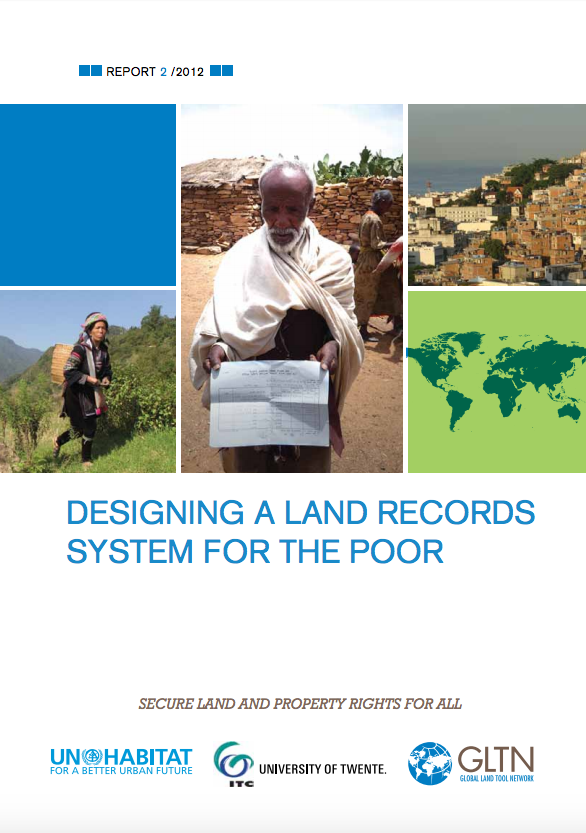Ukraine - Country Economic Memorandum : Strategic Choices to Accelerate and Sustain Growth
This report undertakes a comprehensive
assessment of Ukraine's growth experience over the past
decade. It shows how vulnerabilities were allowed to
accumulate during the economic boom. And how growth,
averaging seven percent annually between 2000 and 2008, was
achieved without tackling Ukraine's well known
weaknesses in the investment climate and public sector
governance. The report also traces the emergence of large






